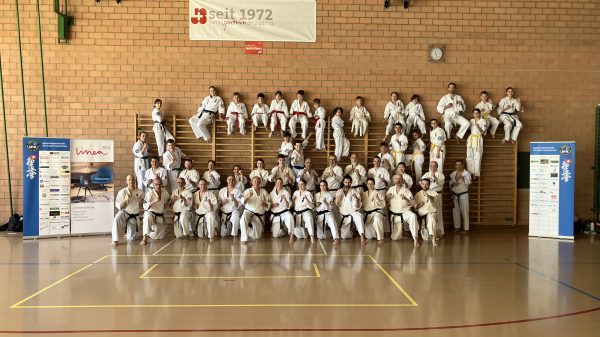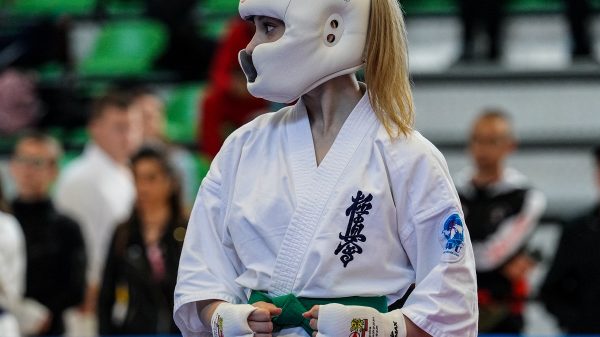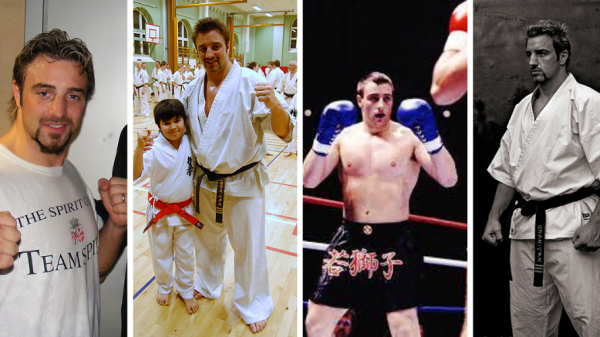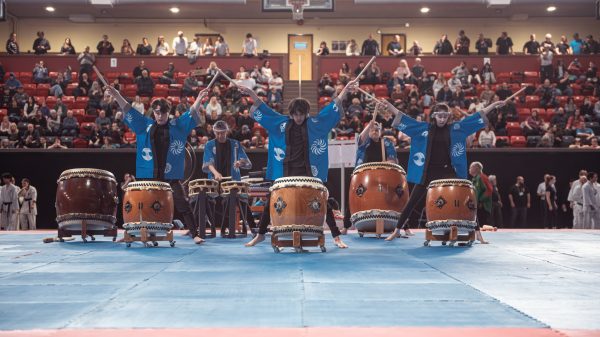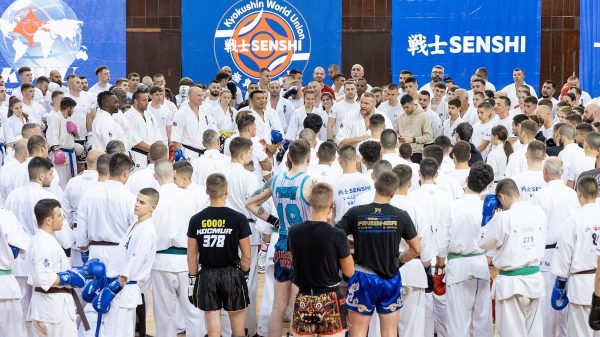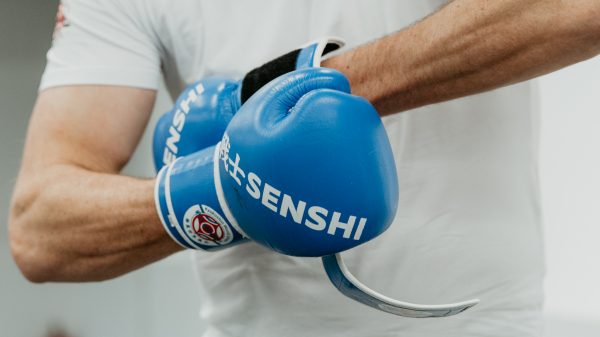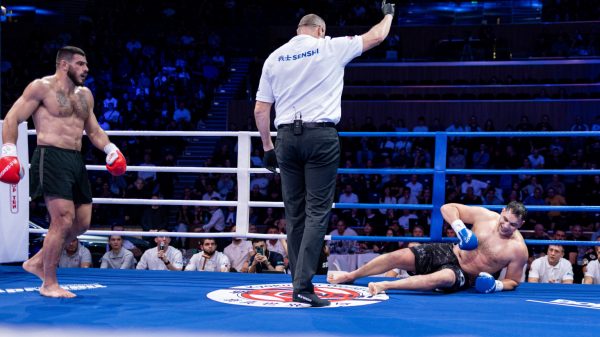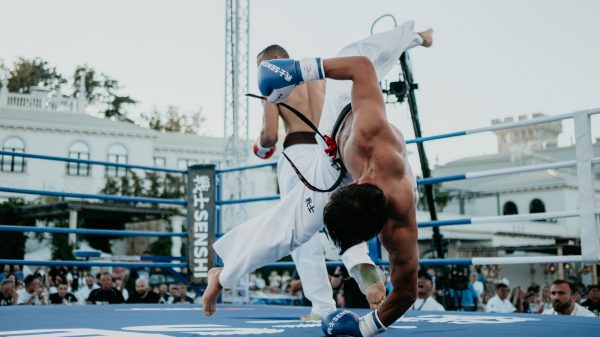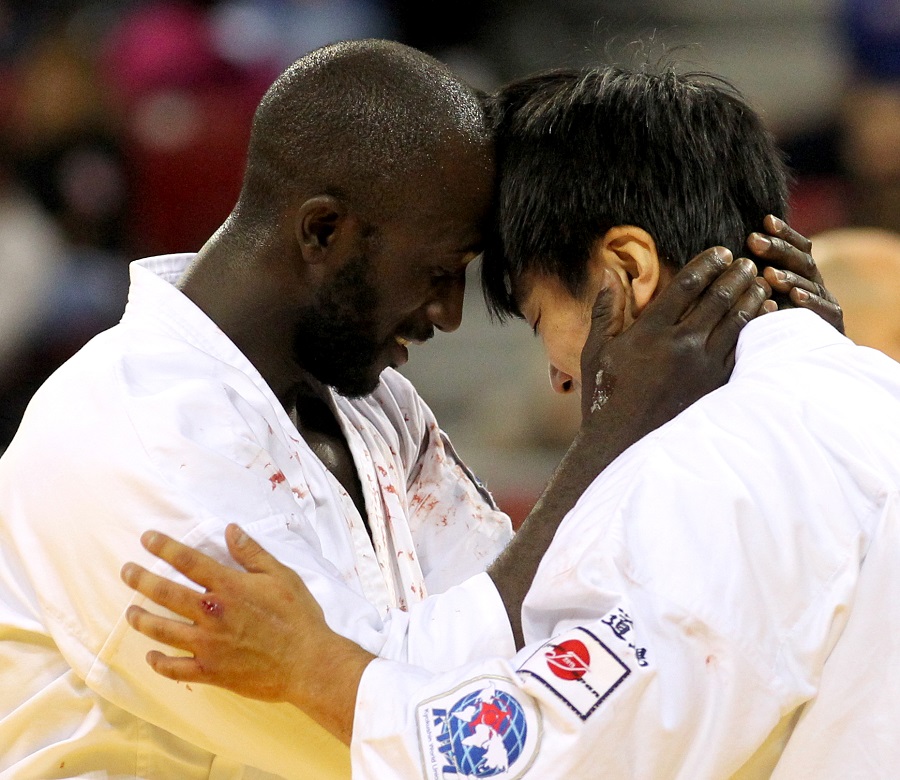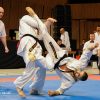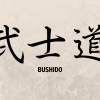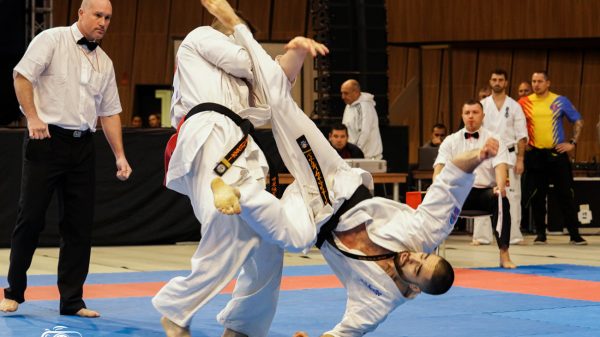There is no limit to the number of life lessons Martial Arts teaches an astute practitioner. However, in my mind, one stands above the others, and it will serve you for a lifetime. This lesson is perhaps best encapsulated by the following popular Japanese proverb.
“Fall down seven times, get up eight.”
The physical and mental aspects of Martial Arts training embolden your spirit such that you learn to keep moving forward no matter the obstacle. You become the very embodiment of this quotation. Sometimes this happens quite literally.
Sparring
This obvious parallel on the mats teaches us the literal lesson of getting back up. Undoubtedly, we have all faced someone with superior skills at one time or another. That’s just life. But in the dojo, we must step up to the challenge where people regularly avoid potential conflict in everyday life. Because we stand to face the challenge, we are vulnerable to getting knocked down. And when it inevitably happens, we gather ourselves and pop back up for another round. In the middle of the session, little thought is given to the greater lesson. All we know at the moment is that we must get back up and continue.
Voluntarily putting ourselves into that position of challenge and responding to whatever results are one thing that separates a martial artist from the general public. While most people would rather avoid activity together than risk failure, as marital artists, we know that it is through temporary failure that we learn and consequently grow.
Though, not all examples in Martial Arts training are quite so literal…
Promotions
We have all heard a million times that our focus should be on something other than belts and climbing the ranks. Ultimately, it is the pursuit of knowledge that should be our driving factor, not the strip of cloth around our waist. Despite knowing this, it is easy to get caught up in trying to work our way through the ranks. This can be due to ego, pride, or something as innocent as excitement for learning new material. No matter the reason, it can be a tough pill to swallow if you fail a belt test or are held at a rank longer than others.
I remember early on in my Kenpo journey; I flubbed up on a pre-test in preparation for an upcoming belt test and was forced to wait for the next promotion cycle. At the moment, I was admittedly unhappy with myself. But, when I finally did the test, months later, I was all the better at it. As I look back on that moment, I am exceedingly happy that I wasn’t pushed through a mediocre promotion and instead was made to put in more work to be truly worthy of testing.
Though I was not physically knocked to the ground in this example, I did have to brush off my ego and step back up to the plate. I know I’m not the only one with such an experience. We all face moments like this on our journey in the arts. We have what we, at the moment, think are setbacks that ultimately become set-ups for a much grander future.
Katas
Sometimes the lesson is taught in the tiniest of detail. If you’ve been training for several years, think back to the very first kata you learned. Do you remember when you “got it” and thought you knew how to do it perfectly? Do you have it on video? Compare it to how you do that same form today. If you don’t have it on tape, I bet you can still see where I’m going with this. The fine detail, execution, and intention of your kata today are sure to be better in every way possible.
Why is this?
It’s simply another application of “getting up” again. Though you felt that you were doing it correctly before, you continue to improve through practice. This gets at the heart of the arts. The striving for perfection is on display as we continue to try again and again to master our forms. We try to make it a bit better, closer to perfection, every time. We reinforce the great lesson through these small continual improvements (kaizen).
The take-home message of today is that the habit of persistence taught through Martial Arts is one of the greatest gifts you can receive from your studies. A true Martial Artist knows that there is always room for improvement and strives for it. Not a day will go by that you are not well served by this habit formed by you of the arts.
Salute,
Ian Lauer


